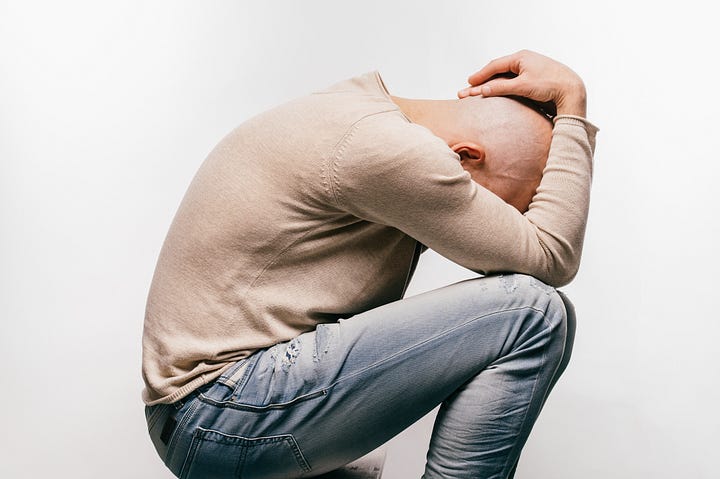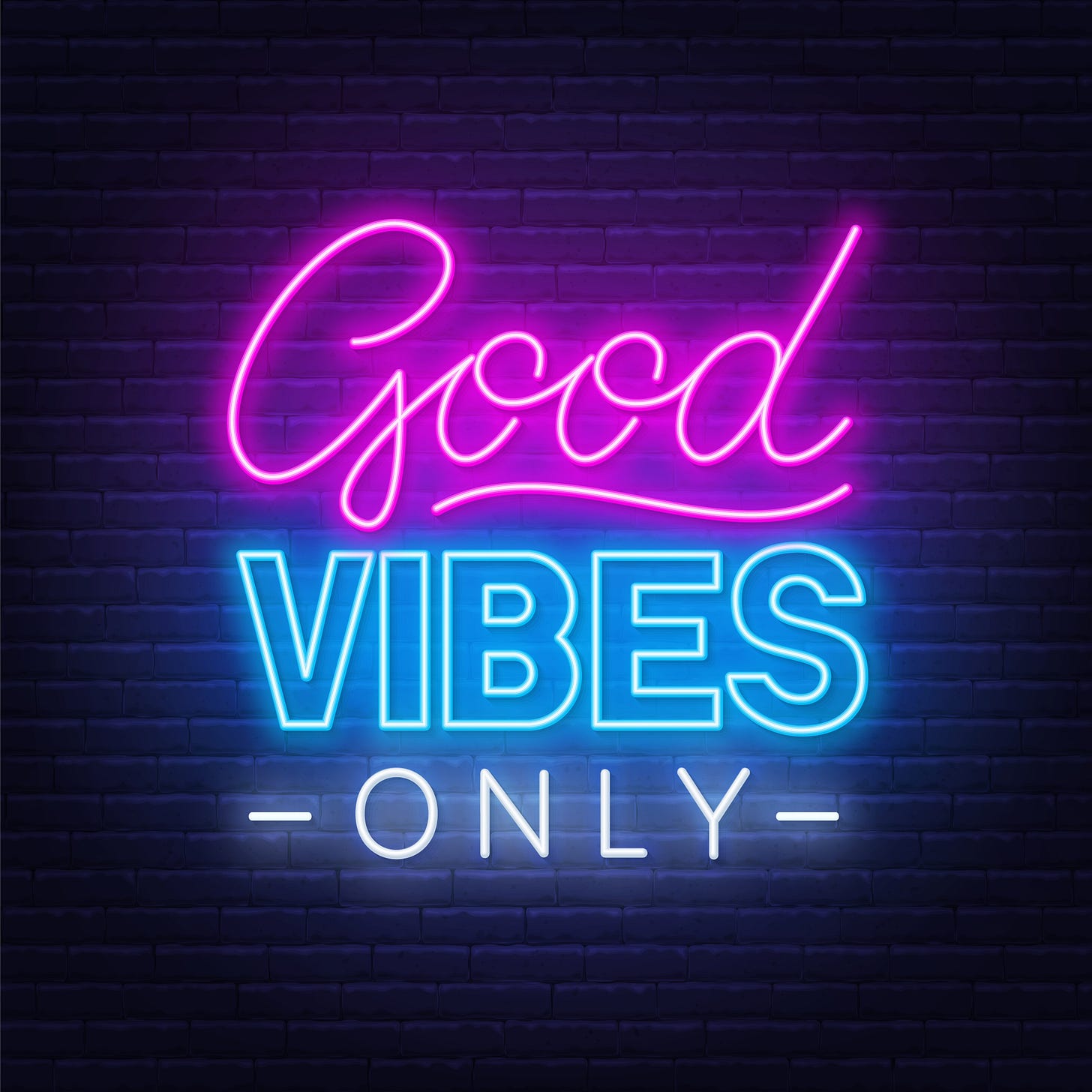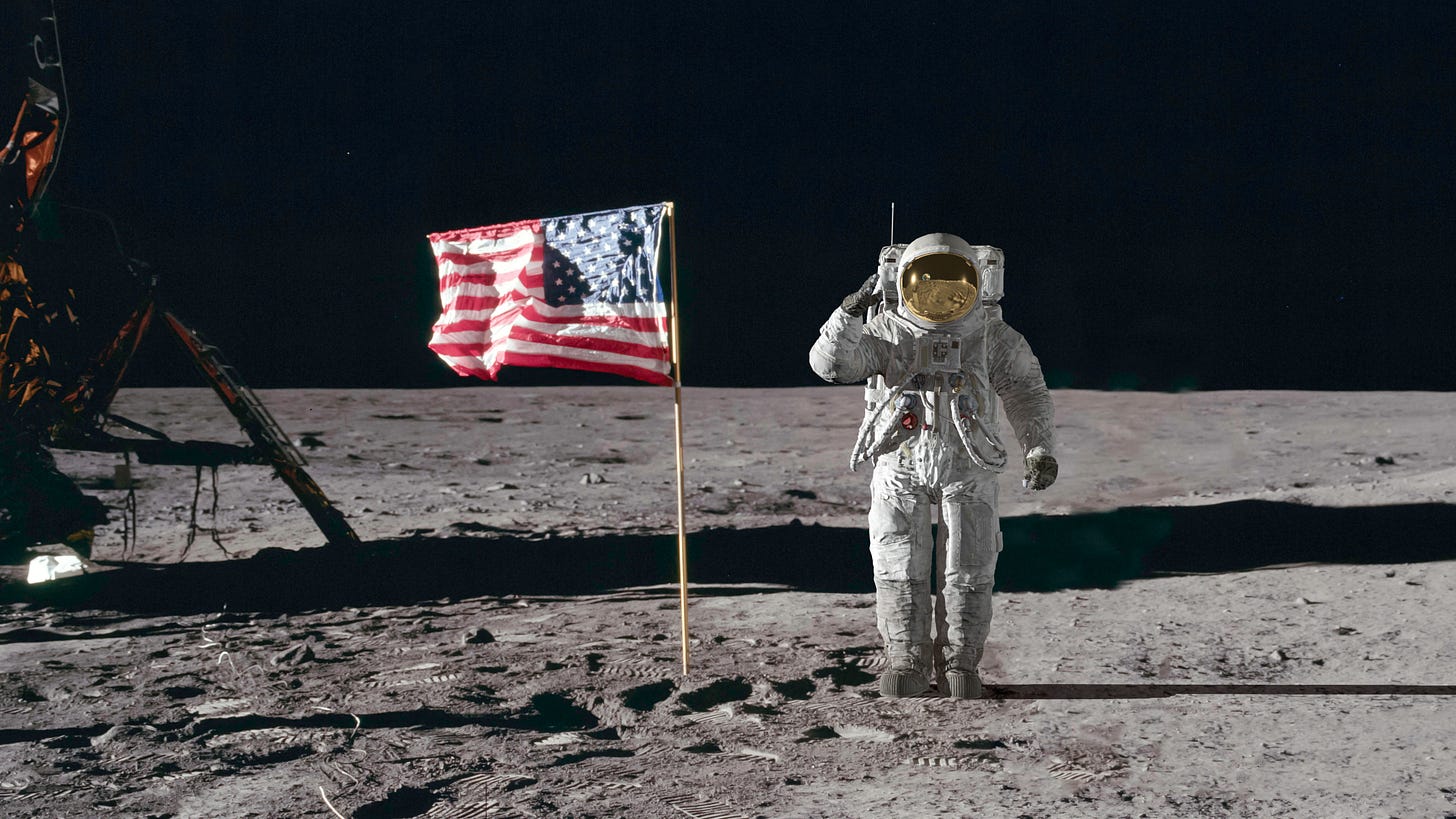Less than a month until the release of Less Radical!
He was an unlikely hero-- a Jewish kid from Pittsburgh who had to make it past antisemitic quotas to get into med school. And the thanks he received for his discoveries? A performative misguided Congressional hearing that destroyed his reputation and haunted him until his death.
Less Radical is the story of Dr. Bernie Fisher, the surgeon-scientist who not only revolutionized breast cancer treatment, but also fundamentally changed the way we understand all cancers.
If you or someone you know has had cancer, Bernie is a part of your story-- and you’re part of his. I can’t wait for you to hear it. Subscribe now to get the first episode delivered directly to your inbox on September 25.
vibe /vīb/ informal, noun
a person's emotional state or the atmosphere of a place as communicated to and felt by others.
"a lot of moody people giving off bad vibes"
You've been giving off such bad vibes around here that the geraniums in the break room are dying … —Ruth Walker
There are an endless number of reasons why Americans should feel good:
Wages are at an all-time high.
Food prices are stabilizing.
Everyone, it appears, can have a job if they want one.
Interest rates are (finally) coming down and we avoided a recession
Even in my purplish state of North Carolina, almost a half a million uninsured citizens have health insurance thanks the end of a decade long, Republican-led blockade of Medicaid expansion.
Objectively, our lives are better. So why the long faces?
As a cancer survivorship expert, I think I can explain.
Cancer drops into my patient’s lives, unexpected and unwelcome. Several patients have described the experience as landing on a different planet: the natives are friendly, but the environment is harsh, and the experience takes a tremendous toll on the body and psyche.
Watching them, I’m reminded of how Dr. Mark Watney in The Martian described life on Mars:
“At some point everything’s going to go south on you…and you can either accept that or you can get to work…You do the math. You solve one problem... and you solve the next one... and then the next. And if you solve enough problems, you get to come home.”
By the end of cancer treatment, we hope that our patients leave our bizarre world and return to their “normal” lives.
Even when that happens, however, there is a cost to all that math. A toll to solving all those problems.
It will be at least six months before you feel normal, I tell them. Sometimes, it will take years. Your hair will (eventually) grow back and your fingernails will fall off, but it will take time before you heal. And sometimes it’s an outside, upside-down process.
Oh, and by the way, you will never go back to the way you were before.
Battle-hardened and weary, survivors nod. They feel this truth in their bones.
Meanwhile, well-intentioned friends and families organize grand celebrations around “ringing the bell,” our institutional symbol of the end of cancer treatment. A gathered crowd whoops and claps as the patient pulls a small rope back and forth, the clanging echoing through our clinic.
A 2019 study from UCLA studied the effect of this celebration on patient outcomes. Patients in the study were assigned to two groups: one who rang the bell after treatment and one who did not. Patients in bell-ringing group reported worse overall distress scores than those not ringing the bell. This difference widened with longer follow up.
The patients with cancer knew the truth behind the commotion. This wasn’t the end. This was just the beginning of a new phase of survivorship. It wasn’t time to celebrate, yet.


So why aren’t Americans celebrating the breathtaking accomplishments of the Inflation Reduction Act, the bipartisan infrastructure bill, $136 billion of student loan forgiveness?
Maybe they are still surviving. It’s not time to celebrate yet.
According to the Centers for Disease Control, seven percent of Americans are living with long COVID.
Over nine million people lost someone close to them as a result of the pandemic including seven thousand children.
Over half of all adults have experienced some form of gun violence and one in five of our children have survived a school shooting. All have undergone the traumatic experience of active shooter drills.
A 2020 report from the US Census Bureau estimated that over forty percent of military veterans who served in post 9/11 wars have a service-related disability.
Half of Jewish Americans report changing their daily habits due to fears of violence.
Of the eight million cancer survivors in the United States, a quarter report a significant disability.
Can we celebrate when some of us are just trying to survive?
Dr. Watney compared life back on Earth to his existential struggle on Mars: “To them equipment failure is terrifying. To me, it’s Tuesday.”
If it’s time to celebrate, go for it! I rejoice with you. For others, however, know that life is not “good vibes only” all the time.
Maybe you’re just trying to survive another Tuesday. And that’s OK too.







Beautifully written - I completely relate. Every day I am happy and struggling, at the same time. I had treatment during Covid. There was no bell. I still want a chance to ring one though . . .